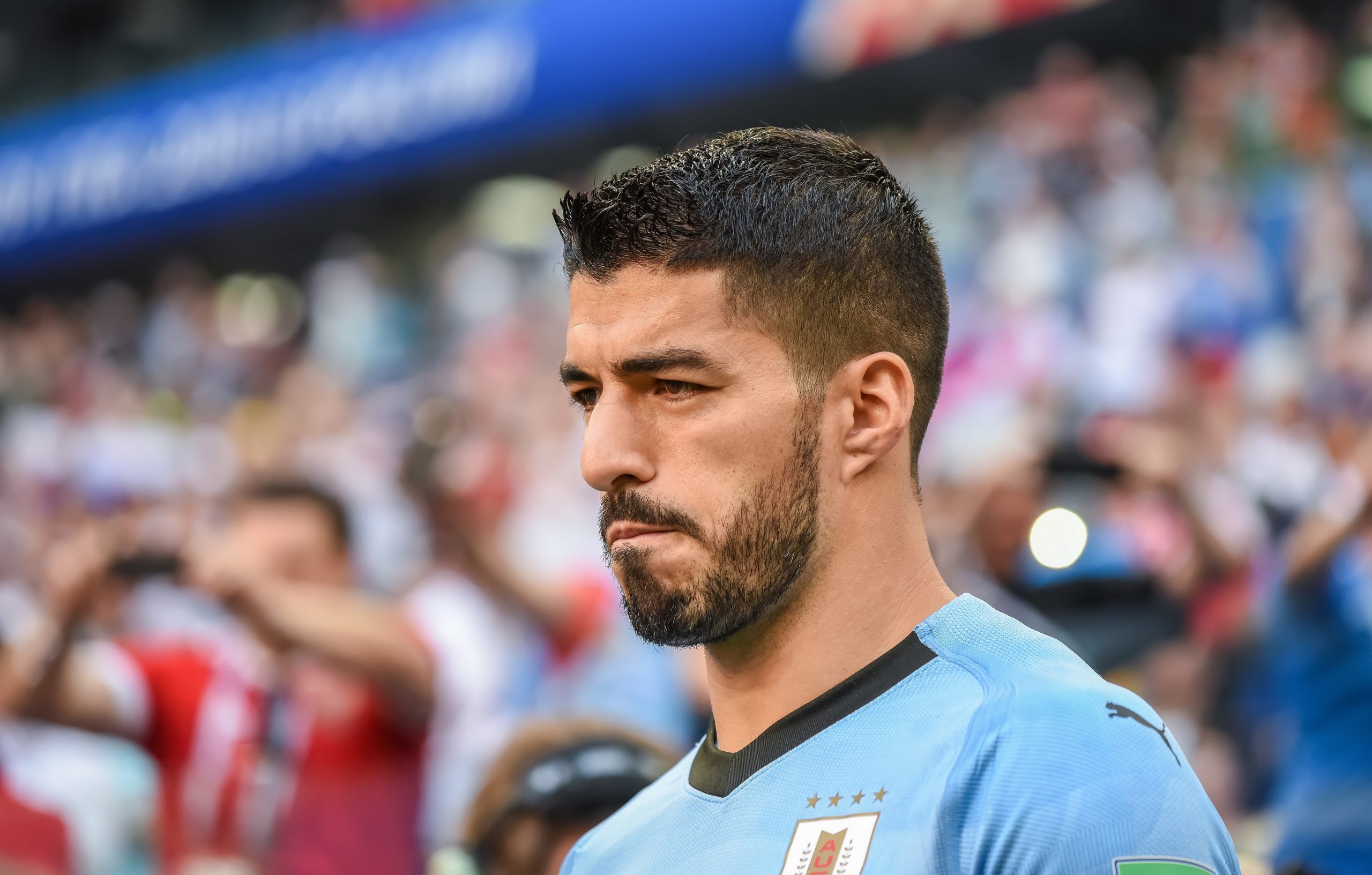
One of the beautiful things about football is that it allows everyone to dream. On the eve of the World Cup, hopes run high, whether you support a small team wishing for a magic moment or a big one aspiring to go all the way. Naturally, some will exit the tournament with those hopes shattered, not always in a graceful way. Qatar 2022 was no exception:
5. Serbia
This was probably the best Serbian squad ever since Yugoslavia split into smaller countries. They have a rising star in Vlahović, one of the best Premier League strikers in Mitrović, and they are led by the experienced Tadić. Alongside them, are Their qualifying and recent Nations League campaigns were impressive. But in Qatar, they were no rivals for strong Brazil, displayed a lack of character when losing a two-goal lead to Cameroon, and couldn’t deliver in the decisive game against Switzerland. The last one was especially disappointing for their fans given the political tensions between players from both sides, and the recent unrest in Kosovo. Instead of reaching a first-ever knockout round, the Serbs went home with only one point.
4. Belgium
The writing might’ve been on the wall that the Belgians will flop. But even so, few believed that the fallout would be so painful. The fourth-oldest squad in the tournament was uninspiring and uninspired. If it wasn’t for his name, Eden Hazard could probably be a substitute at a mid-table Jupiler League team, yet Roberto Martinez thought that the national team jersey would transform him to his pre-Madrid self.
On top of that and other football-related problems, according to reports, the two remaining world-class superstars, De Bruyne and Courtois, finally let a long personal row get to them. The Manchester City midfielder, who was expected to lead, instead took a demoralizing role, saying there was “no chance” Belgium could win. In his favor, at least he was self-aware. Belgium was one of the most boring teams to watch in the tournament and rightfully went home after the group stage with only one goal scored.
3. Brazil
Surprised to see them here? Consider that Brazil was a top-two contender to win the trophy among most experts. The problem is that the Selecao players themselves began to believe that they’re entitled to the trophy. It’s great to come with high spirits and enjoy themselves on the pitch, but after and during their thrashing of South Korea in the round of 16, the feeling was that Croatia was just an obstacle en route to the final.
On the eve of the tournament, many questioned what would happen when Brazil met tough European opposition for the first time. The result was that Tite’s creative attack unit found no solutions against a persistent, disciplined Croatian group. Going out in the quarter-finals is not all that bad. Ask Spain, Germany, and Uruguay. But the higher the expectations – the higher the fall. This was the best Selecao squad since 2002, and they should’ve at least come closer to lifting a sixth-ever trophy.
2. Uruguay
The small country is the biggest World Cup overachiever. With only three million people, they won two titles and are regular members in the knockout rounds. Coming into this tournament, they had good reasons to believe that this one could be extra special. On the sidelines, Diego Alonso brought positive change, good results, and attacking football. On the pitch, this was supposed to be a handover from a historical generation to some of the world’s rising stars. None of that materialized. Edinson Cavani was out of his element, Luis Suarez has nothing to offer at this level anymore, and Fede Valverde looked nothing like the megastar we got used to in Real Madrid. To qualify from a group with South Korea and Ghana was the minimum expected, but instead, they put their fate in the hands of others. Portugal failed them, lost to South Korea, and sent them home in tears. Ghana might’ve also exited after the group stage, but it’s hard to believe they shared any sympathy with Luis Suarez as he wept through his last moments in a World Cup stadium.
1. Germany
Die Mannschaft flew to a big tournament led by a coach who is not Jogi Löw for the first time since 2006. This alone was a reason for optimism among German fans, who thought their veteran coach’s spell was long overdue. Like many other teams in the tournament, their squad was comprised of a blend of “last dancers” and veterans like Müller, Neuer, and Gündoğan, alongside World Cup debutants, such as Sane, Gnabry, and Musiala. With an accomplished coach in Hansi Flick, it seemed promising. Eventually, their performance not related to football was more impressive than their display on the pitch.
Germany played like a team in their peak years during the last decade. The fact that many players knew each other well from Bayern Munich, worked in their favor. 19 games into his tenure, Flick didn’t find the formula to turn his players into an organic unit. He responded slowly, if at all, to how the games developed, didn’t fully trust his best number 9 (Füllkrug), and failed to instill character in the team representing the country best known for it. A shocking loss to Japan in the first game, followed by a disappointing draw with Spain, meant that matters weren’t in their hands coming into the last game. A win over Costa Rica wasn’t enough, and Die Mannschaft exited after the group stage for the second time in a row. A year and a half before their home Euro kicks off, they have a lot of food for thought.
https://twitter.com/Football__Tweet/status/1599043526855217154



